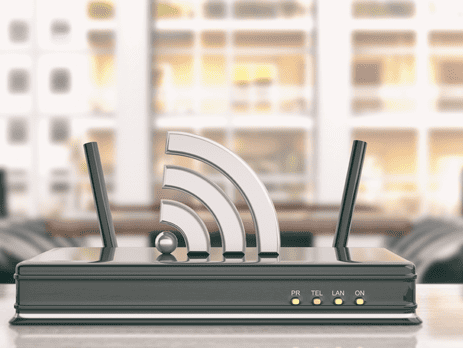As business broadband and telecoms specialists, we’re often asked about leased lines and whether they would suit a particular client.
We know there’s no shortage of other ways for businesses to get online, from fibre-optic business broadband to ASDL, FTTP and ASDL.
The Difference Between Leased Lines and Standard Business Broadband
So in truth, there’s no easy answer to this one, but here we look at some of the pros and cons so you can make an informed decision. As ever, it helps to know what we’re talking about, so, for the avoidance of doubt:

Leased lines are dedicated connections between the local exchanges and your business premises. With this arrangement, you get fixed bandwidth, identical download and upload speeds and they are not subject to contention with other users – you have exclusive use of a single line. You also get a fixed IP address.

Standard business broadband, meanwhile, offers variable bandwidth and is asymmetric, meaning downloads are faster than uploads, and it’s subject to contention with other users.
Leased lines – the pros
Some of the upsides of leased lines include:
Speed
With a shared line, your broadband’s reliability and speed may fluctuate as other users take up bandwidth. Speeds generally will be slower, depending on your contention ratio – or how many users share a line’s data capacity. (Typically a ratio of 20:1 for business broadband, or 20 users to a line, was acceptable, although BT says these figures are no longer entirely accurate.)
With leased lines, super-fast speeds from 10 to 10,000Mb or 10Gb are all available. What’s more, you will always get the speed you are told you are going to get.
Symmetry
Put simply, it will take as long to upload something as it will to download it. That could be handy if you host a website, allow those working remotely to access your servers, or use a Virtual Private Network (VPN).
Low lag
The low lag time or latency makes short work of accessing data remotely or making video calls.
Support
In the majority of cases, leased lines come with 24/7 support and priority fault fixing when something goes wrong, thanks to good service-level agreements.
Leased lines: the drawbacks
Some of the drawbacks of leased lines include:
Cost
It’s traditionally always been the most expensive option, especially if your business is based some distance from the nearest exchange. How much you will pay depends on your location, how much bandwidth you need and how much the provider wants your business – i.e. how many other suppliers are competing for it. It’s true that some modern technologies are helping to drive costs down. These include Ethernet in the First Mile (EFM) and GEA (General Ethernet Access).
Time to install
This can take up to three months, while with a standard broadband package, a business can be live within two weeks. The longer installation time is because leased lines need to be physically installed.
No landline phones included
These usually need to be organised separately.
Would My Business Benefit From Leased Lines?
If you’re wondering whether leased lines would benefit your business, consider whether you:

Have dozens of people to connect





If the answer to at least some of these questions is yes, leased lines may well be the way forward.
Avoid Downtime with Leased Lines
You should also ask yourself how critical the internet is to your business and how not having access would affect you. If yours is a web-critical organisation, and would lose money if you couldn’t be online, consider a leased lines arrangement.
The same applies if you have more than around 20 users, need the web for business-critical applications, or shared storage, run video conferencing services or other higher-bandwidth tools.
On the other hand, if you are a smaller organisation and mainly go online to browse, upload images to your website or send an email, a standard business broadband package could suit you just fine.
Talk to us at Maximum Networks if you have any questions about this, we’ll gladly advise you.


